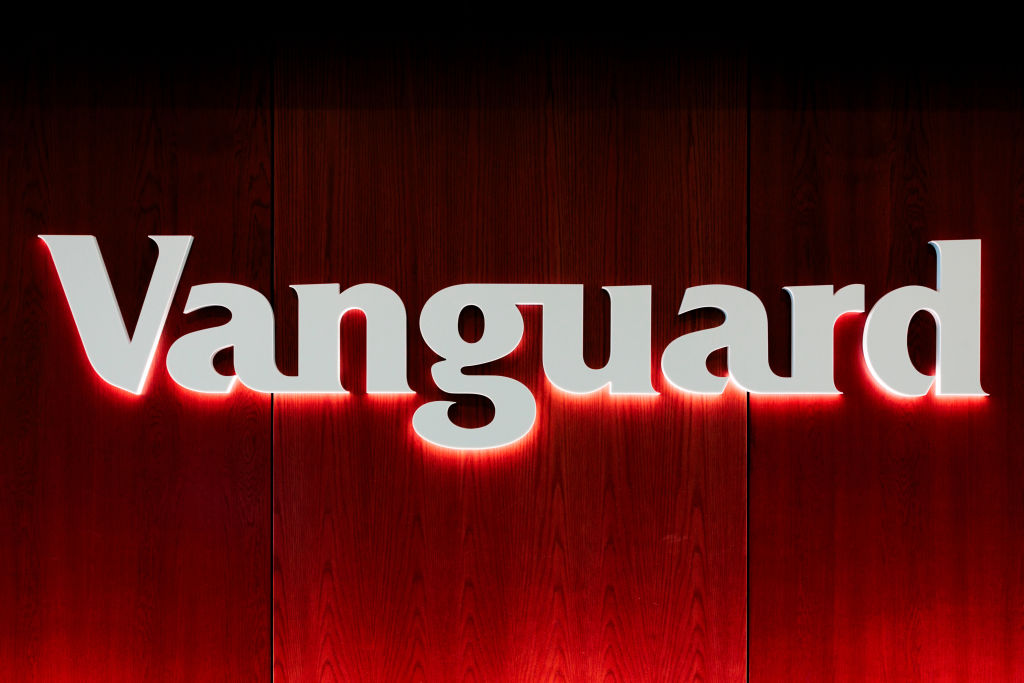
In early February, investment services firm The Vanguard Group announced its largest fee cut ever, slashing costs on 168 share classes across 87 funds. The move went into effect on February 1 and is expected to save investors more than $350 million in 2025, according to Vanguard.
"This fee cut speaks to what our founder, Jack Bogle, set out to do, which was to create an investment company that was designed for one constituency, and that's our investors," said Vanguard CEO Salim Ramji in a statement. "Bogle had a great phrase: 'You get what you don't pay for.'"
Ramji added that "there's a false dichotomy between, Do you want great performance or high quality, or do you want low costs? At Vanguard, you can get both."
Following the fee reduction, Vanguard proudly noted that 86% of its mutual fund and exchange-traded fund (ETF) assets have the lowest-cost declines in their peer groups. The average expense ratio for Vanguard's index fixed-income ETFs is now just 0.037% and its actively managed fixed-income ETFs have an average expense ratio of 0.105%.
How Vanguard's lower fees benefit investors
As Kiplinger contributor and Head of Investment & Trading Services at Vanguard, James Martielli, CFA, explains in his piece "A Frugal Saver's Guide to Spotting Investment Costs," expenses are often one of "the best predictors of future returns of funds with a similar investment strategy."
Specifically, he says that "the higher the average expense ratio, the lower the average return." Let's say you have $1,000 to invest in a fund that charges an expense ratio of 0.20% or another that charges 0.05% to invest. Your return from the fund that costs 0.05% will accrue a bigger return over time than the one that charges 0.20% because you're left with more money to invest.
"Like interest, costs compound and can really add up over time," Martielli writes.
If you're in the market for a low-cost fund or just want to know what your options are, here are the Kiplinger ETF 20, our favorite cheap ETFs to buy. We also have the Kiplinger 25, the best no-load mutual funds, several of which are top Vanguard funds.







